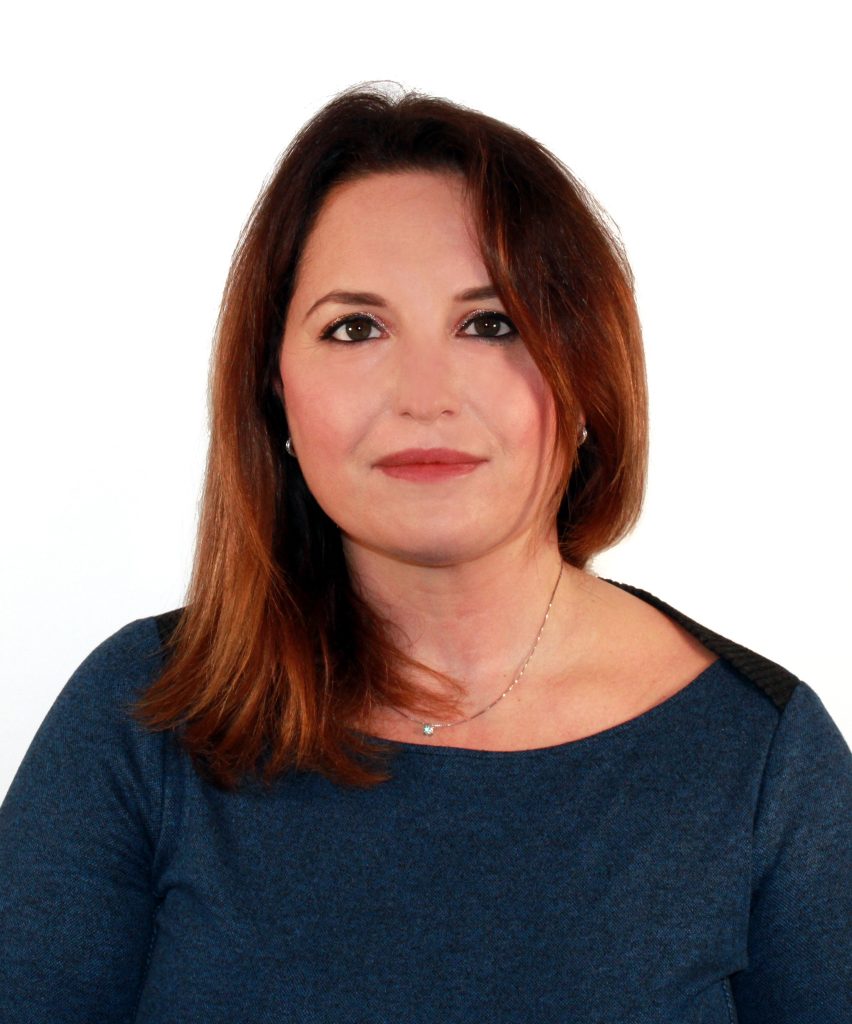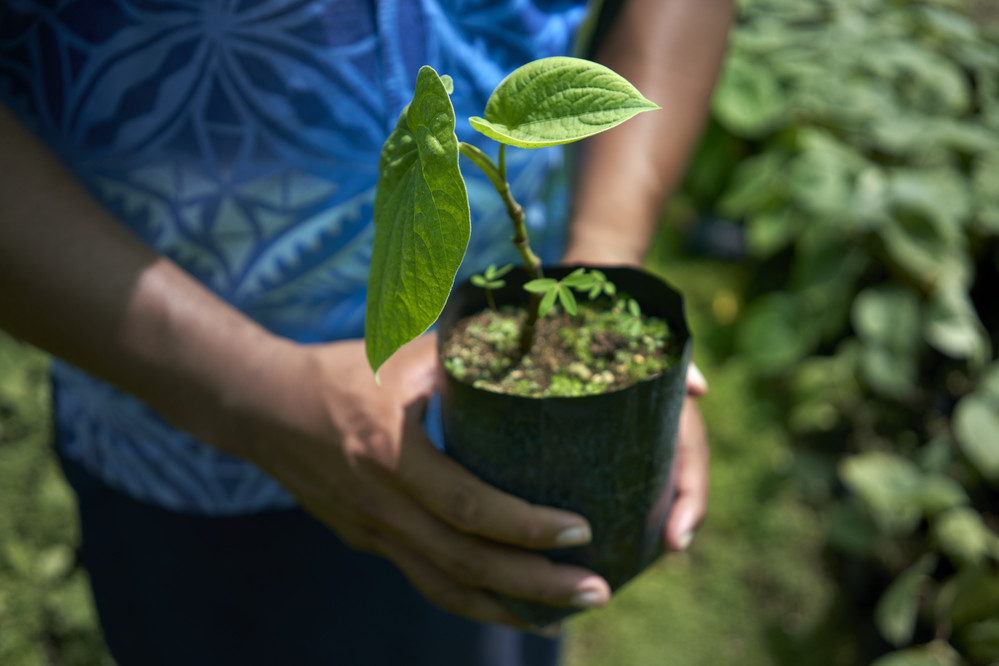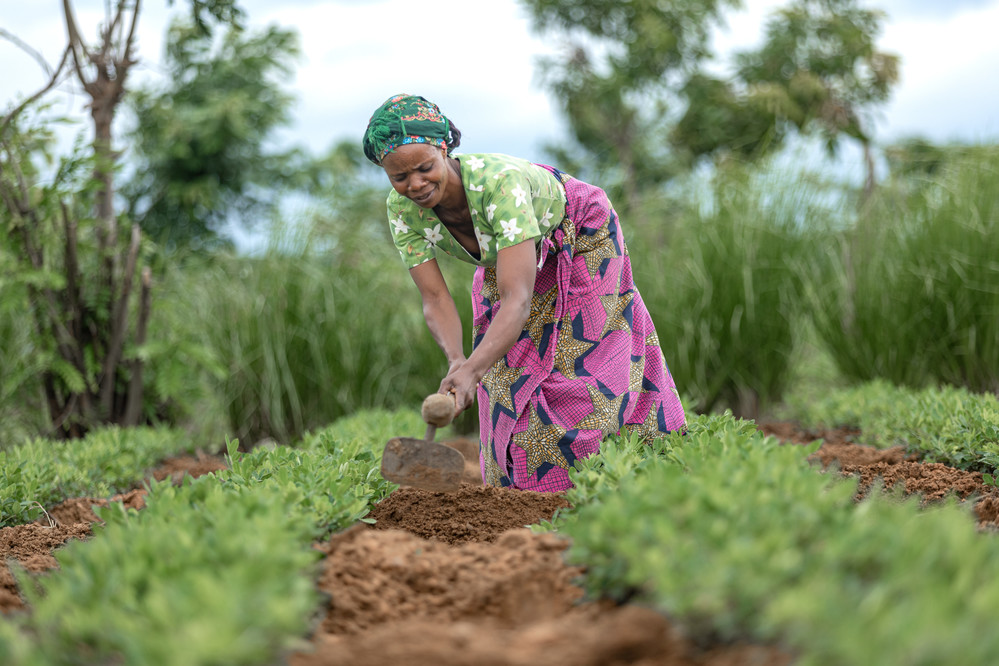The Perspectives interview series highlights emerging issues in the area of agri-SME and smallholder finance from the perspective of practitioners and thought leaders from within and outside the Smallholder and Agri-SME Finance and Investment Network (SAFIN). In this edition, Alessandra Spinelli, Head of Blending and Technical Assistance at Cassa Depositi e Prestiti (CDP), talks about how small and medium-sized enterprises can access capital markets through digital capacity building and pre-investment support.
The Italian Financial Institution for Development Cooperation, or Cassa Depositi e Prestiti (CDP), finances initiatives with high impact in strategic sectors. Please tell us about your priorities or activities when it comes to the agriculture sector.
Over the last few years, agriculture and food security have taken on pressing importance given the effects of the COVID-19 pandemic crisis and the outbreak of conflict in Ukraine, which exacerbated issues of food insecurity around the world. In this context, CDP has increased its efforts and resources for the sector, continuing to expand strategic partnerships with key development partners. For example, CDP has collaborated with the International Fund for Agricultural Development (IFAD) to foster sustainable agriculture, biodiversity protection, and water resource protection initiatives in developing countries.
CDP also renewed its commitment with the African Export-Import Bank to invest in African companies, including small and medium-sized enterprises (SMEs), contributing to food security and diversified food and agricultural inputs supply. We recently underwrote a loan to the Banque Ouest Africaine de Développement to support public and private projects across agricultural and agri-food supply chains and granted a loan to the Eastern and Southern African Trade and Development Bank to support downstream financing to agribusinesses, either directly or through local financial institutions.
CDP recently launched the Archipelagos programme to link African SMEs to capital markets. Please give us an overview of the programme and how businesses, including those in agriculture, may benefit from it.
Archipelagos is a multi-year programme that CDP developed with support from the European Commission (EC). It offers a unique opportunity for SMEs to access the capital they need to grow and scale up their businesses. The programme aims to build their internal capacity, link them to financial markets and foster a conducive ecosystem for sustained access to these markets. As of today, the bulk of Archipelagos applicants are active in the agricultural sector. This is an important signal of the relevance of this programme in bridging the gap between agricultural SMEs and capital markets.
The programme will support 1000+ SMEs from all sectors in Africa to improve their readiness for commercial capital through a dedicated digital capacity-building platform. The selected SMEs will embark on a tailored learning journey with training sessions, mentoring, and networking opportunities. Through the Archipelagos platform, agripreneurs will access a vast catalogue of online courses, with differentiated learning paths according to their specific needs and stage of development.
At the end of the capacity-building program, CDP will support promising agribusinesses in structuring innovative debt instruments for capital markets and in securing finance at favourable terms, thanks to a EUR 30 million first-loss guarantee facility. These SMEs will also receive tailored guidance throughout the capital raising process. This may take the form of dedicated mentorship and coaching to prepare for interactions with potential investors, such as developing a compelling investment pitch. CDP also plans to support the development of a more favourable ecosystem for SME access to capital markets through dialogue with key stakeholders including policymakers and local stock exchanges to unlock lasting growth opportunities for SMEs.
In your view, what are the key constraints keeping smaller enterprises from accessing financial markets? What role do you see digitalization playing in the future to address these challenges?
Smaller businesses typically operate with limited financial and human resources, which makes it difficult for them to meet the requirements and costs associated with participating in financial markets. Capital markets require a high level of financial reporting and transparency so that investors can assess their risks and potential returns. For many SMEs, such stringent requirements are beyond their capacity. High risk perception is another lingering challenge for small businesses, especially in agriculture. It can be a struggle for them to convince investors who often prefer larger, more established companies of the stability and profitability of small ventures. Compliance with complex financial regulations can be time-consuming and costly, which is another barrier for businesses with limited capacity. Smaller enterprises also often lack networks and relationships with financial institutions and investors making it harder for them to gain access to these markets.
Digitalization can play a crucial role in address each of these challenges. Easier and more cost-effective financial reporting and record-keeping through digital tools enhances transparency and provides investors with better information for decision-making. Reliable data analytics can help smaller enterprises demonstrate their potential and creditworthiness to investors, which can improve risk assessments and attract more funding. Innovative fintech solutions such as crowdfunding platforms, peer-to-peer lending and online investment platforms can offer alternative funding sources for smaller enterprises outside traditional financial markets. Digital platforms can also allow businesses to expand their networks and connections with a broader investor base beyond their local markets. But digitalization is not a magic bullet. It has to be coupled with a holistic approach involving regulatory support, financial education and infrastructure development to create a conducive environment for smaller enterprises to access financial markets.
CDP hosted the Finance in Common Summit in 2021 and published a related report on the role of Public Development Banks (PDBs) in sustainable food systems. How do you see financial innovations and technical assistance by PDBs and other local financial institutions contributing to financial inclusion for agricultural enterprises, particularly in developing countries?
Many barriers to financial inclusion in the agriculture sector can be broken down by public development banks and financial institutions. Financial products with repayment schedules linked to harvest cycles and instruments like weather-based insurance or commodity hedging are two ways they can do this. When it comes to technical assistance, training programs on financial literacy, business management skills and modern agricultural practices can help farmers and agribusinesses better maintain thriving businesses and meet their financing needs.
Product innovations by PDBs and local financial institutions can make it easier for agripreneurs to transact, receive payments and access credit through tech-enabled financial services like mobile banking and digital payments. Collaboration with other stakeholders, such as NGOs, government agencies, and international development organizations is what can amplify the impact of such efforts by PDBs and mainstream supportive policy environments that encourage financial inclusion in agriculture.
_________________________________________________________
Alessandra Spinelli, Head of Blending and Technical Assistance at Cassa Depositi e Prestiti (CDP)
 |
Alessandra has almost 10 years of experience in international development cooperation. With a focus on blended finance, Alessandra has experience in designing new financial instruments and technical assistance programmes, negotiating and managing blended finance programmes with International and European Financial Institutions, and liaising with EU Delegations and stakeholders. Her previous experience is in export and structured finance with focus on the energy and transportation sectors. |

